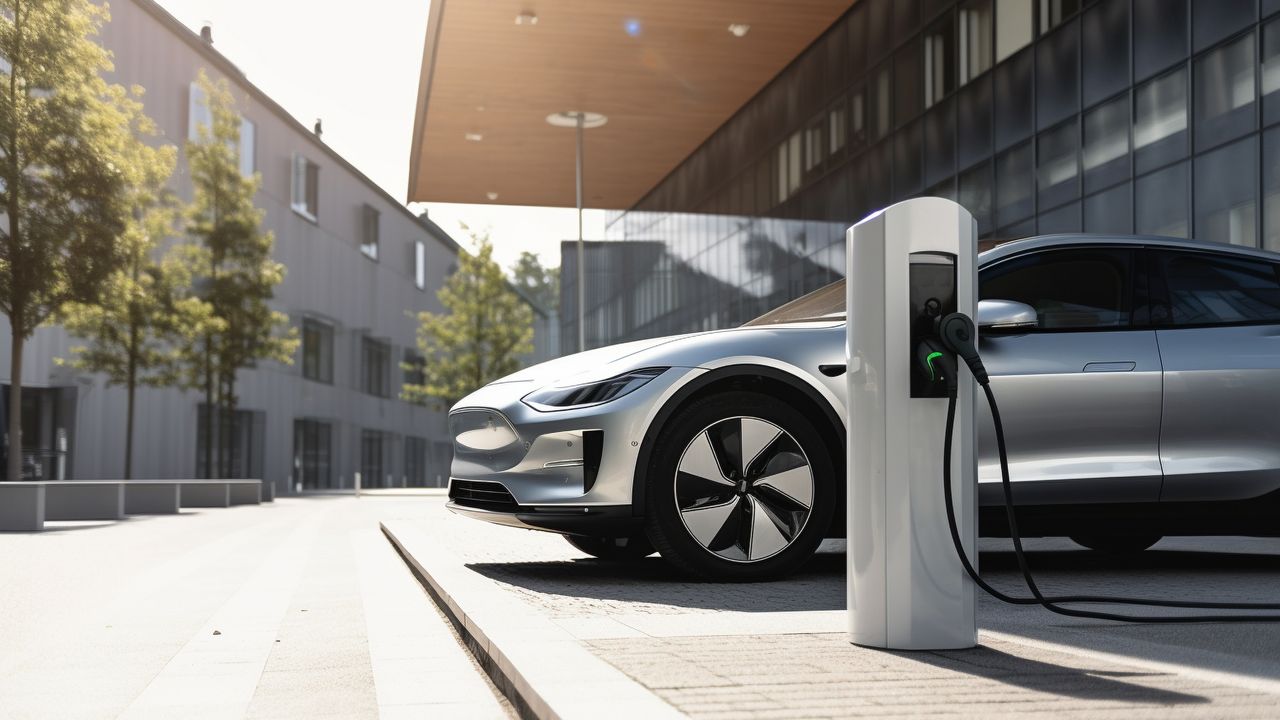EV Charging Station Scheduling: Embracing Automation for a Seamless Experience
In recent years, the popularity of electric vehicles (EVs) has soared, as more people recognize the environmental and economic benefits they offer. As a result, the demand for EV charging stations has increased significantly, leading to the need for efficient scheduling systems to ensure a smooth charging experience for all users. This is where charging station scheduling automation comes into play.
The Need for Charging Station Scheduling Automation
Traditionally, EV charging stations operated on a first-come, first-served basis, which often led to frustration and inconvenience for users. Long queues and unpredictable wait times became a common occurrence, discouraging potential EV owners and hindering the growth of the electric vehicle market.
Charging station scheduling automation aims to address these challenges by providing a convenient and organized way for EV owners to book and manage their charging sessions. By implementing automated scheduling systems, charging station operators can optimize the utilization of their infrastructure, reduce wait times, and enhance the overall charging experience.
Introducing Charging Station Booking
One of the key components of charging station scheduling automation is the introduction of charging station booking. This feature allows EV owners to reserve a charging spot in advance, ensuring they have a dedicated slot for their vehicle at the desired time.
Charging station booking can be easily done through user-friendly mobile applications or web portals. Users can select their preferred charging station, specify the desired time and duration of their charging session, and receive instant confirmation of their booking. This eliminates the uncertainty and inconvenience associated with traditional first-come, first-served systems.
Streamlining the Charging Process with Notifications
In addition to charging station booking, automated scheduling systems also provide users with real-time notifications regarding their charging sessions. These notifications serve multiple purposes, including reminders, status updates, and alerts.
Users can receive notifications when their booked charging session is about to begin, ensuring they are prepared and ready to connect their vehicle. They can also receive updates on the progress of their charging session, allowing them to monitor the charging status remotely and plan their activities accordingly.
Furthermore, notifications can be sent in case of unexpected events, such as charging station malfunctions or delays. This proactive communication helps users adjust their plans and find alternative charging options, minimizing inconvenience and maximizing efficiency.
Benefits of Charging Station Scheduling Automation
The implementation of charging station scheduling automation brings numerous benefits to both EV owners and charging station operators. Let’s explore some of these advantages:
- Convenience: EV owners can easily book their charging sessions in advance, ensuring a hassle-free experience.
- Reduced Wait Times: Automated scheduling systems optimize the utilization of charging stations, minimizing wait times and queues.
- Improved Efficiency: Charging station operators can better manage their infrastructure, maximizing the number of EVs served per day.
- Enhanced User Experience: Real-time notifications keep EV owners informed and empowered, allowing them to plan their activities effectively.
- Encouraging EV Adoption: A seamless charging experience encourages more people to switch to electric vehicles, contributing to a greener future.
The Future of EV Charging Station Scheduling
As the adoption of electric vehicles continues to grow, the importance of efficient charging station scheduling becomes even more crucial. The future of EV charging station scheduling lies in further automation and integration with emerging technologies.
Artificial intelligence (AI) and machine learning algorithms can be leveraged to predict charging patterns, optimize scheduling, and dynamically adjust charging rates based on demand. This would ensure efficient utilization of charging infrastructure and a seamless experience for EV owners.
Moreover, the integration of charging station scheduling systems with smart grid technologies can enable demand-response capabilities. This means that charging stations can adjust their charging rates based on the availability of renewable energy sources, reducing the strain on the grid during peak hours and promoting sustainable energy consumption.
Conclusion
Charging station scheduling automation, with features like charging station booking and notifications, is revolutionizing the EV charging experience. By embracing automation and integrating emerging technologies, we can create a future where EV owners enjoy a seamless charging experience, reduced wait times, and a greener planet.
